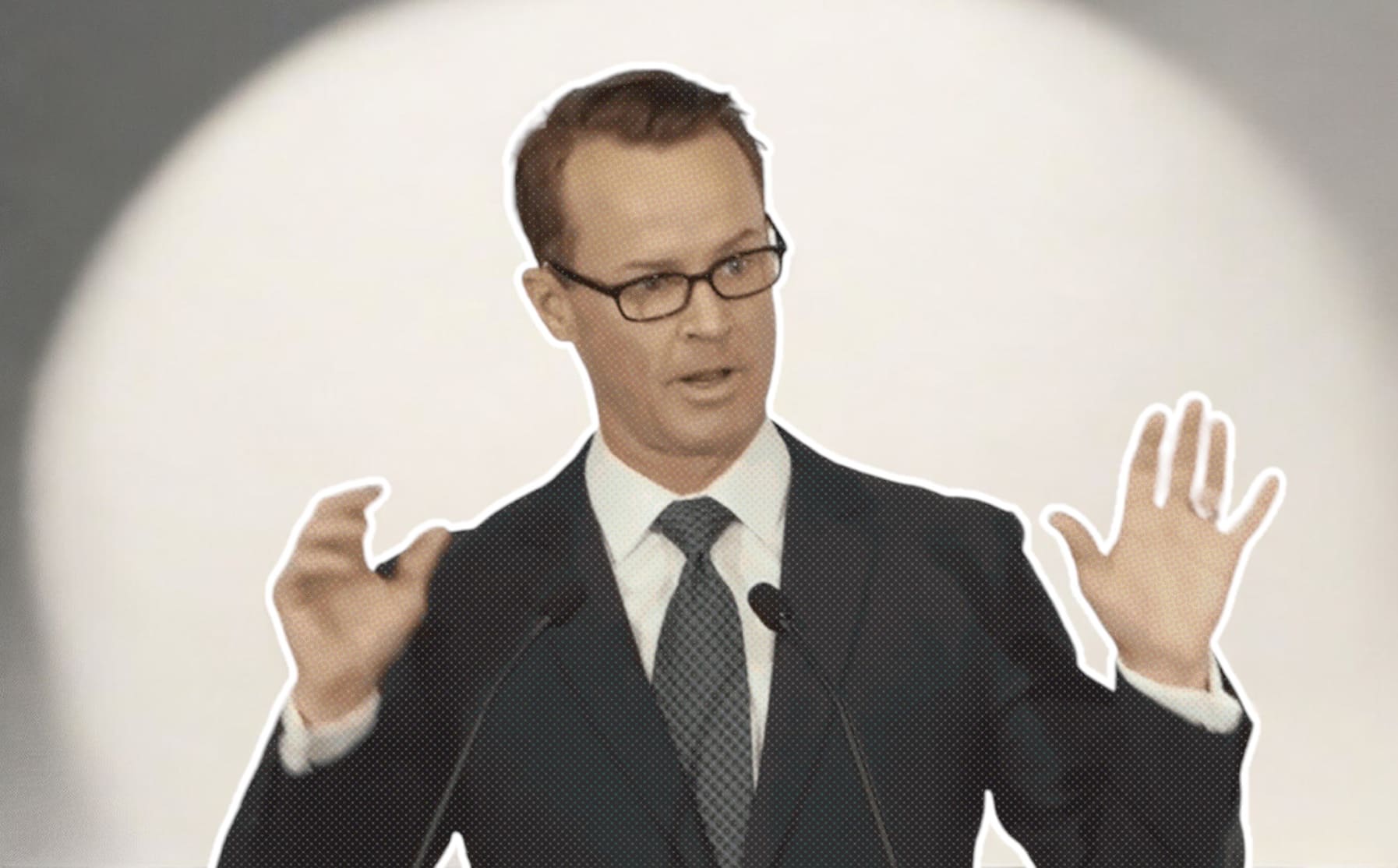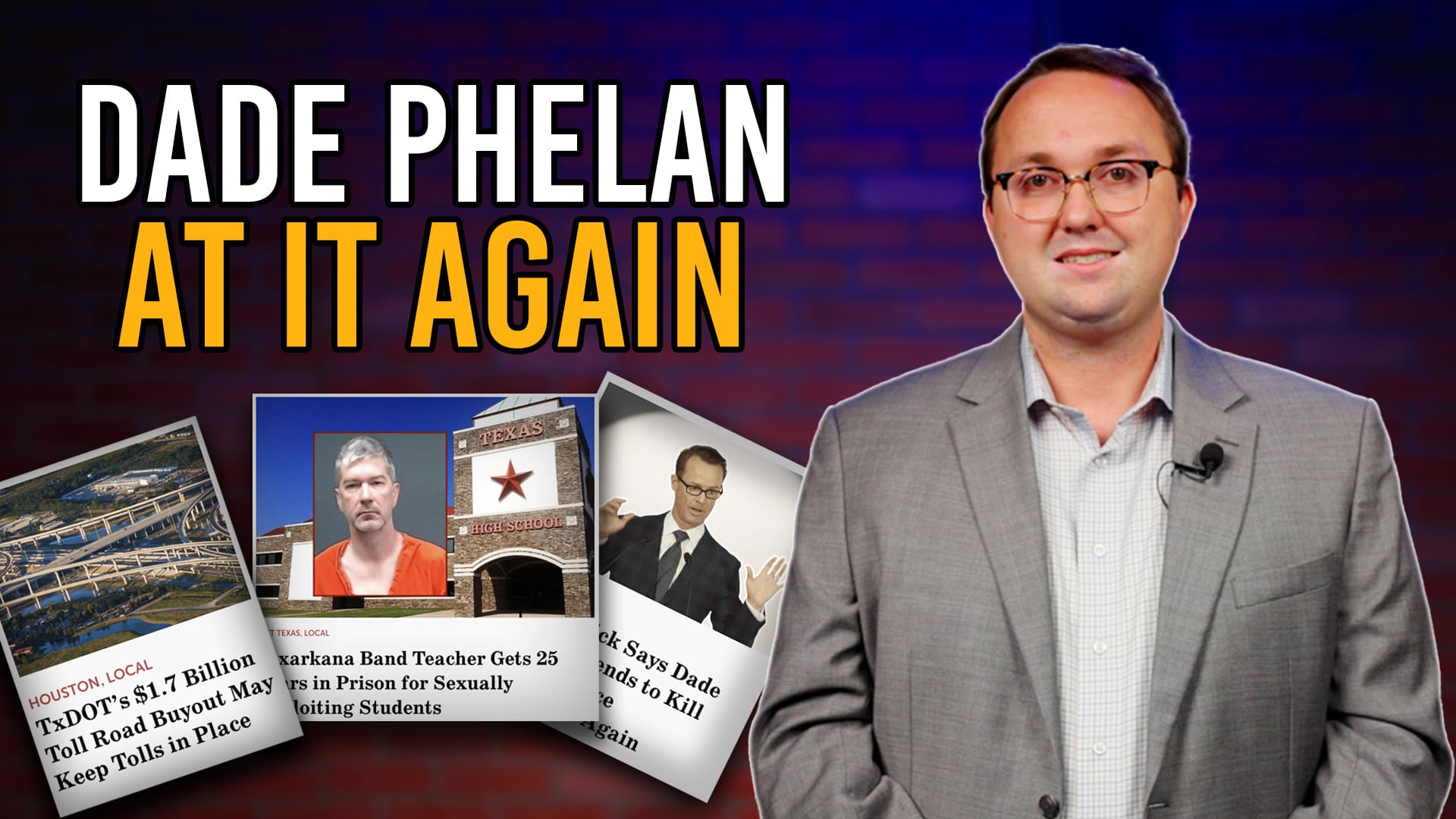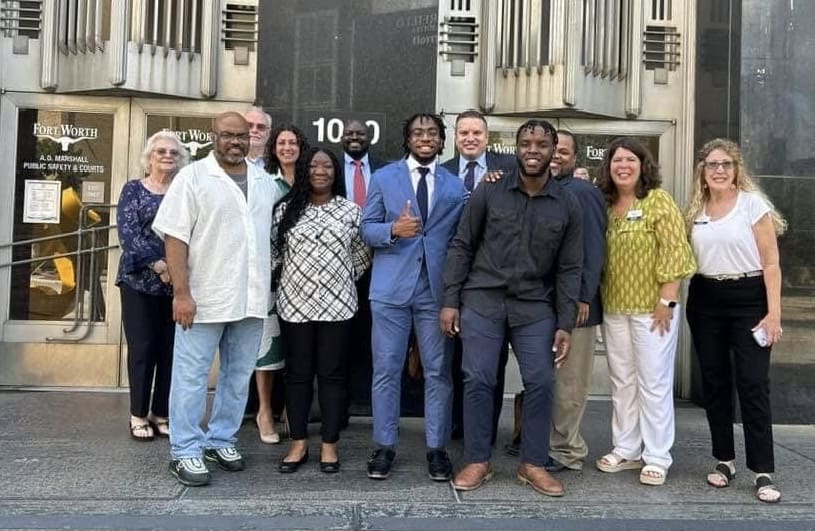A local council gave the city’s mayor numerous chances to improve job performance and attendance. He repeatedly failed, so they cut his salary.
Bay City council members voted unanimously to cut the salary of Mayor Mark Bricker after putting him on notice a few months ago, giving him more than enough time to clean up his act.
It all began this past March when council members met in executive session to have a frank discussion with Bricker about his performance. The mayor chose not to attend, so council members decided to communicate with him in writing.
They sent a letter on April 12 detailing concerns with his performance and ways to remedy them. The letter’s four complaints were as follows:
- Showing up at City Hall for work with no consistency. Your history of attendance of arriving sometimes mid-morning, sometimes mid-afternoon, and sometimes not at all has become habitual, which leaves the staff, and others without access to you for consultation, direction, and general communication far too often.
- Not being present at community functions, such as, but not limited, to local business openings, new project ground breakings, all Chamber events, and other events that promote the city.
- Not being present at City meetings & City sponsored events, such as, but not limited to, CDC meetings, Gas Co. meetings, community major project development meetings, Fireman’s & Police awards banquets, First Friday’s, City safety meeting, etc.
- Lack of active participation and involvement in meetings for which you are present.
The solutions they offered were simple: be present for normal work hours as expected of any city employee, allowing for external business; attend more, but not all, community meetings; improve attendance and participation in city-related meetings and city-sponsored events; improve overall absence, but give advanced notice when leaving for vacation.
Those concerns were reiterated in council chambers before the final vote to decrease his salary.
“We labeled four main topics … and with those items, we also had a fix, a way to cure these issues,” said Councilman Jason Childers, who spearheaded the issue. “The city council recognized that he has made some effort in some of these areas, but with great inconsistency.”
We still find that his hours of operation were not matching that of the city’s. There were some meetings lately where he did not show up, was late, and or was not participating … [therefore] I have no choice but to make a motion to decrease the mayor’s salary.”
The council voted to reduce the mayor’s salary from $83,000 to $63,000, a 24 percent decrease, beginning on October 1. The change only affects his base pay, not his benefits, and can change again depending on the mayor’s actions.
“I agree to reevaluate him and his performance on an as-needed basis,” said Childers. “The only thing I want to do is at least get what we’re paying for.”
Though it still seems Bricker is making more than what he’s worth, it’s refreshing to see a council willing to push back and hold the mayor accountable.
In response to the move, Bricker posted a statement on Facebook saying, in part:
Factoring in some of the Council members recent actions, statements, and general obsession toward me, their action does not surprise me at all. In my professional capacity, I have never based any individual’s salary off their willingness to donate and support non-profits they don’t stand for. Nor have I reduced pay to retaliate against one with an opposing view on a matter.”




